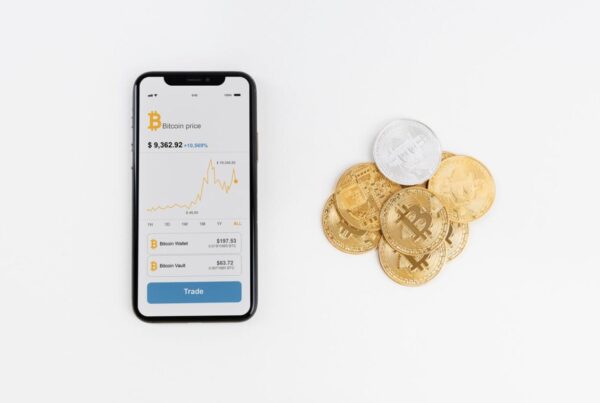Cryptocurrencies have changed the world as we know it. Just a decade ago, the very idea of digital currency would seem to be preposterous – legal tender that does not exist in any tangible form. Imagine that?
However, reality is of course much stranger than fiction. Bitcoin has become so much more than a form of currency used by individuals shopping on the deep web and the silk road.
Instead, Bitcoin and other types of cryptocurrency have forced us to reevaluate our relationship with money. Unlike fiat currencies that derive their value from an underlying asset i.e. gold, cryptos are entirely digital and do not exist in a physical form.
Due to their decentralized nature, cryptocurrencies are largely unaffected by external factors such as politics and government instability. It is hoped that via this mechanism, cryptocurrency valuations are regulated entirely by the free market.
As a result, we’ve seen how Bitcoin and other cryptocurrencies have exploded onto the scene. Investors eager to hedge the value of their investments have turned to cryptocurrencies as a good store of value.
What is it about this mysterious currency that’s gotten everyone riled up? Let’s take a look below:
How many types of cryptocurrency are there?
Before we take a deeper look into cryptocurrencies, we must first get an idea of how many types of cryptocurrencies are on the market. In 2019, it was determined that a total of 2,807 coins were in circulation.
To a new investor, this can be overwhelming at first. The unregulated nature of cryptocurrencies means that just about anyone is free to issue their own cryptocurrencies.
Even Facebook and entire countries have hopped on the crypto bandwagon to take advantage of this new development. However, given the extremely volatile nature of the crypto industry, entire projects have fallen apart before they could successfully launch.
Thus if you’re looking to invest in cryptocurrencies, it’s best that you stick with the fundamentals. Established cryptocurrencies like Bitcoin and Ethereum have stood the test of time and are rather solid investments.
Hoping to replicate the wild days of 2017 where Bitcoin valuations skyrocketed, many amateur investors make the mistake of trying to leverage on a volatile market. Consequently, most usually end up with massive losses and nothing more to show.
What are the types of cryptocurrency?
Now that you have an idea of how cryptocurrencies work, let’s take a look at the types of cryptocurrencies that are available on the market. Given the sheer volume of new cryptocurrencies being developed, we’ve chosen to include the most relevant examples here.
1. Ethereum
Ethereum is one of the more popular cryptocurrencies that rose to prominence alongside Bitcoin. The second most popular crypto behind Bitcoin, Ethereum is described as being an open-source platform for decentralized applications.
Unlike Bitcoin which is primarily used as a medium of exchange, Ethereum builds upon the technology of Bitcoin by offering enhanced functionality.
Besides facilitating payments, Ethereum can also be used to develop programmable transactions. This has been used to great effect with the creation of smart contracts that are powered by Ethereum.
These contracts are able to function autonomously and make decisions based on prior pre-set parameters.
For example, a smart contract can be programmed to begin shorting stock or a currency when prices increase by a certain amount. It can also be used to automatically take a long position when the price of certain assets fall.
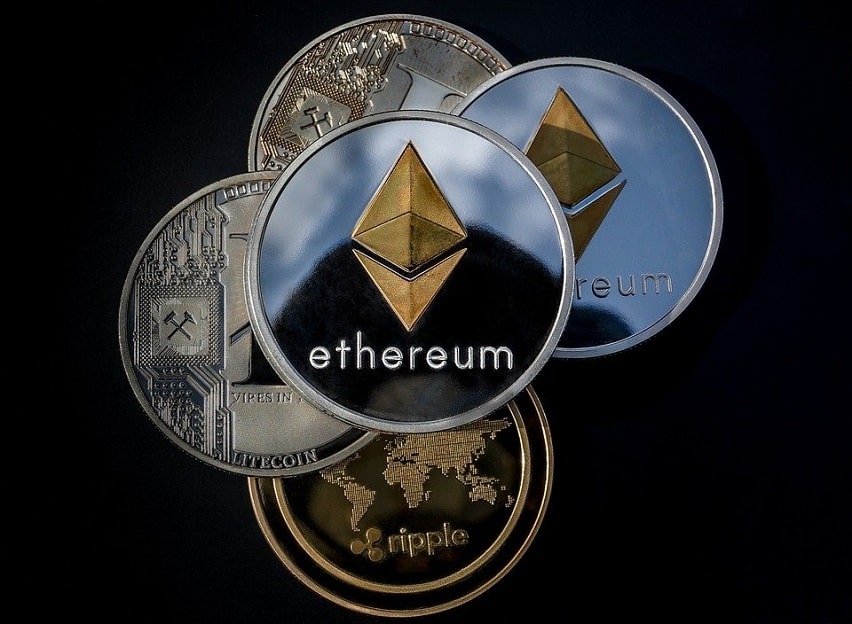
2. Bitcoin
Regarded by many as the crypto that started it all, Bitcoin was developed by the mysterious Satoshi Nakamoto in 2009 after the subprime mortgage crisis. In his paper, Nakamoto posits that the unregulated nature of cryptocurrencies and the finite supply available ensures that Bitcoin will be inflation proof.
In recent years, Bitcoin has exploded onto the scene with increased widespread acceptance all over the world. Bitcoin’s ability to facilitate the instantaneous transfer of funds to any part of the world has been a game changer.

3. Tether
The inherent instability of the cryptomarket has discouraged investors from snapping up currencies like Bitcoin. Given how market conditions can change in a moment’s notice, millions can be made or lost within just a few seconds.
This has given rise to the introduction of so-called stablecoins – different cryptocurrencies that peg their value to that of either real-world currencies or other assets.
Tether is designed to specifically bridge the gap between fiat currencies and cryptocurrencies. By pegging its value to that of the USD, Tether cryptocurrency has been able to maintain fairly stable valuations over the years.
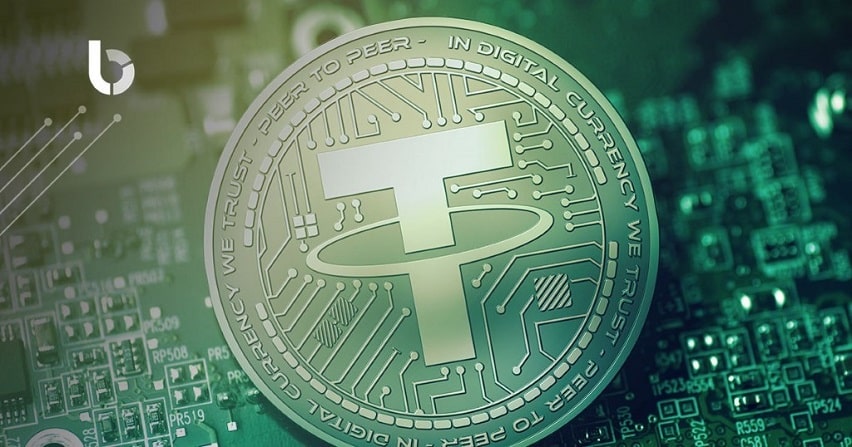
4. Bitcoin Cash
Known as an altcoin or alternative cryptocurrency, Bitcoin Cash is a close relation to that of the traditional Bitcoin. This is where the similarities end.
Bitcoin Cash holds the historical distinction of having successfully completed a hard fork of Bitcoin relatively early on. Hard forks occur when a radical change is made to the blockchain network.
In the case of Bitcoin Cash, the size of blocks were increased which allowed for more transactions to be processed in a shorter period of time.

5. Bitcoin SV
Another offshoot of Bitcoin, Bitcoin Satoshi Vision or SV takes Bitcoin back to its roots by restoring the original Bitcoin protocol.
This is done with the intention of keeping it stable at all times. All of which will allow miners to better plan out their mining activities.

6. Binance Coin
Unlike other cryptocurrencies, Binance coin is used to buy and sell purely crypto on the Binance cryptocurrency exchange.

7. Litecoin
One of the major competitors of Bitcoin is Litecoin. Mining Litecoin is quite interesting, since the first miner to successfully verify a block is rewarded with 50 litecoins.
The difference against its competitor is that Litecoin produces a bigger number of coins and has a faster transaction speed.
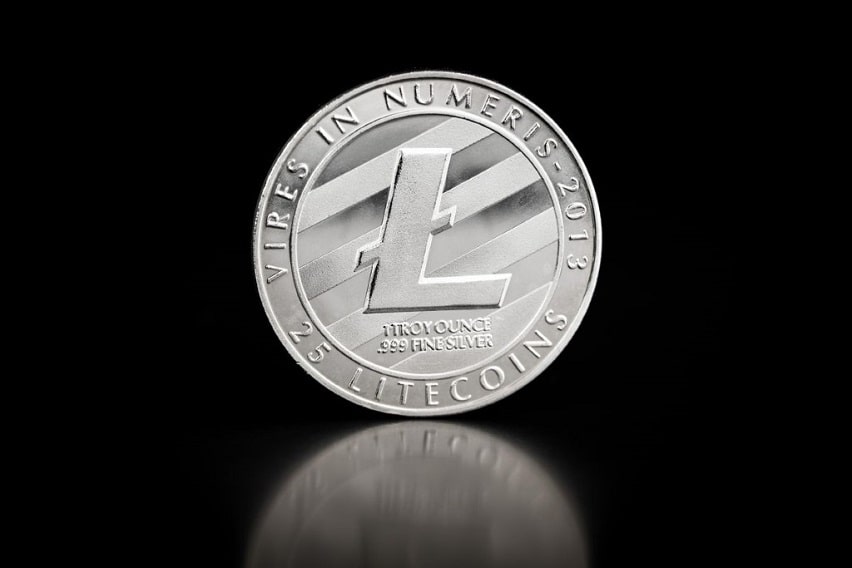
8. Monero
The main draw of Bitcoin and other cryptocurrencies lay in their decentralized and unregulated nature which made anonymous transactions possible. However government crackdowns and technological advancements mean that cryptocurrencies no longer offer such protection.
Monero aims to resolve that issue due to its focus on secure encryption and other security measures.

9. Libra
Originally intended to be Facebook’s first foray into the cryptomarket, analysts anticipate that Libra is set to change the world just like how Bitcoin did. Backed by millions of users and with a truly global reach, Libra represents the future of cryptocurrencies.
However, government oversight and regulatory requirements have hampered plans for a 2020 release.
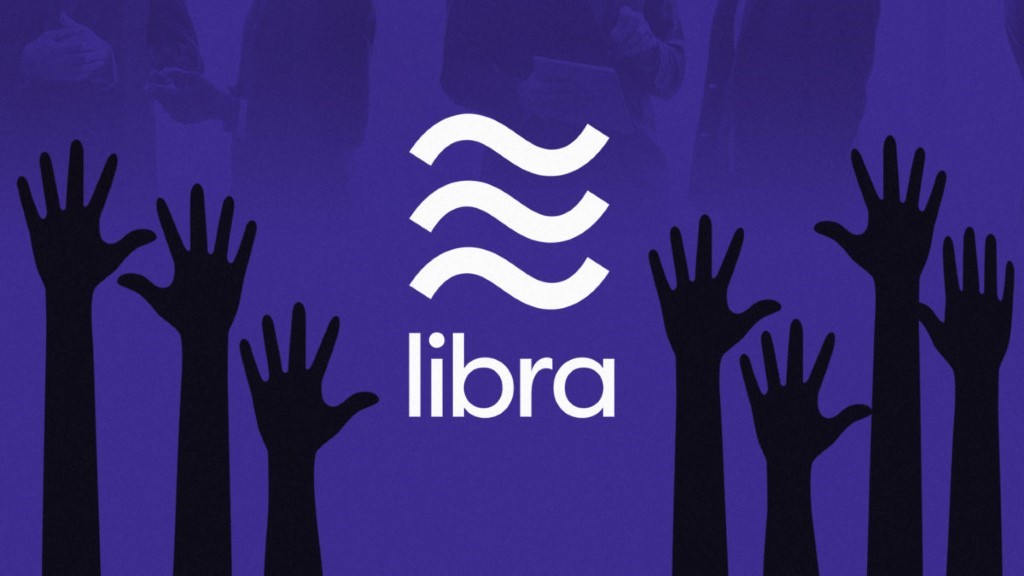
10. EOS
EOS.Io is a representation of how cryptocurrencies are set to evolve in the future. Developed by Dan Larimer from Bitshares, EOS offers users immense scalability and provides developers with a platform to develop decentralized applications.
Besides that EOS had one of the largest and most successful ICO i.e. initial coin offerings in history raking in about $4 billion in investor funds.

11. Bonus: Ripple
An alternative coin that focuses on facilitating the smooth payment of cross-border global payments, Ripple was first launched in 2012. Unlike Bitcoin and other cryptocurrencies, Ripple does not need to be mined.
Instead, coins are issued as and when needed in accordance to the network’s guidelines. This gives Ripple a significant advantage over other coins due to the quicker response times.
One of the most popular cryptocurrencies, Ripple is a good investment for businesses looking to expand their operations globally.

Should you invest in cryptocurrency?
There is not a simple answer, but an investment in cryptocurrency market should be weighed wisely. Don’t dig in without knowing whether you are investing on a safe currency or on a scam: remember Bitconnect?
If it sounds like a ‘get rich quickly’ scheme don’t believe it. Investing and mining cryptocurrency takes time and patience but eventually it compensates.









